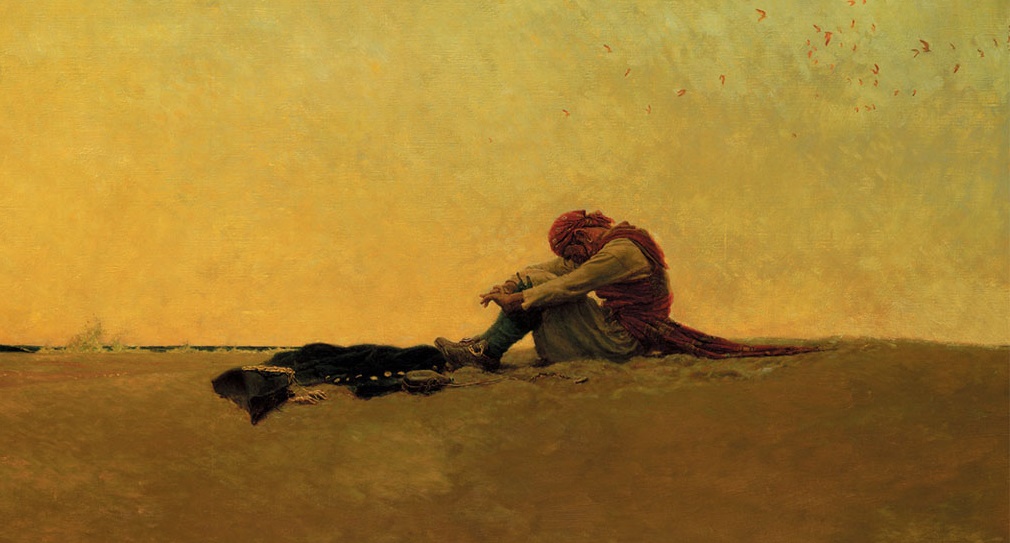
Growing Influence of Russia And China in New European Parliament?
BY
Projekt Polska / December 3, 2024
Political Capital Institute from Budapest has been conducting a five-year research project on the foreign policy-related votes of members of the European Parliament (MEPs). The recent edition of the Parliament\'s 9th term (2019-2024) and the first plenary session of the 10th term (2024-2029) included also Polish MEPs.







![New Global Geopolitical Divisions with Guy Sorman [PODCAST] New Global Geopolitical Divisions with Guy Sorman [PODCAST]](https://4liberty.eu/phidroav/2024/09/Episode-202-1469x800-2-1024x561.png)

![Political Situation in Germany Before the European Elections with Ralf Fücks [PODCAST] Political Situation in Germany Before the European Elections with Ralf Fücks [PODCAST]](https://4liberty.eu/phidroav/2024/04/Episode-202-1469x800-1-1024x561.png)
![Current Socio-Political Situation in France and U.S. Elections with Célia Belin [PODCAST] Current Socio-Political Situation in France and U.S. Elections with Célia Belin [PODCAST]](https://4liberty.eu/phidroav/2024/03/Episode-200-1469x800-1-1024x561.png)
![Presidential Elections and the Situation in Russia with Denis Bilunov [PODCAST] Presidential Elections and the Situation in Russia with Denis Bilunov [PODCAST]](https://4liberty.eu/phidroav/2024/03/Episode-196-1469x800-1-1024x561.png)